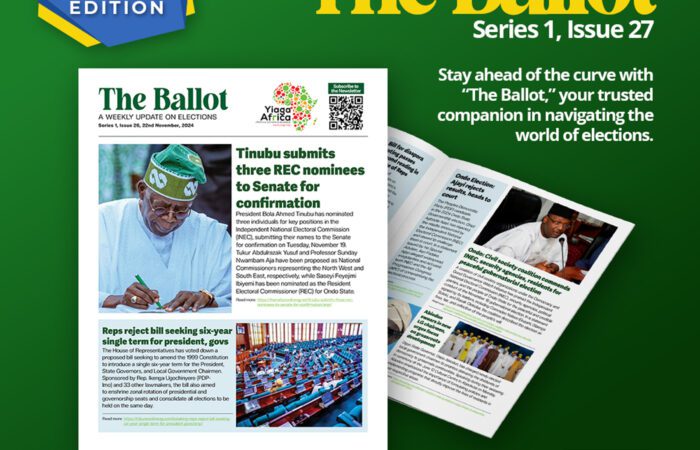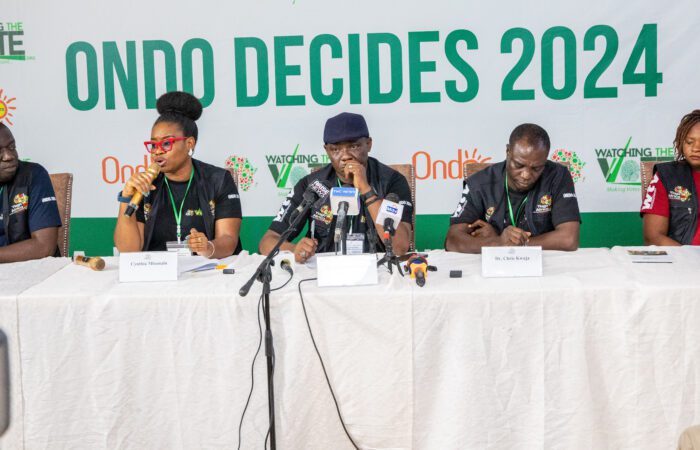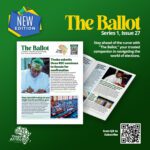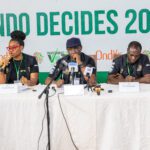Electoral process is the main pillar of democracy just as as the voter is the most important stake holder in the election process. The main aim of electoral process is to ensure free, fair and credible election and to establish the legitimacy and sense of belonging to the elected. As the 2019 general election is fast approaching, voter behavior is paramount looking at the nature of the previous elections especially regarding the scourge of vote buying and selling
In more ways than one, former chairman of Independent Electoral Commission, Proffessor Attahiru Jega made effort to sanitize and strengthen the Nigerian electoral system especially with the initiation of the card reader which has reduced election malpractice. With the invention of card reader, the unpatriotic changed their pattern from ballot box snatching, multiple ballot, vote rigging etc to the business of buying the vote the electorates. Sometime the politicians do follow voters to their houses and trade their either permanent voters card or buying their vote with condition of taking an oath that they are going to vote for them on the election day, this is because they found out that some of the voters will collected their money but they ended up voting their own choice. The recent menace of vote buying has been described by Civil Societies as the new form of rigging
Voter education remains one of the most important role of electoral commission in Nigeria as it ensures citizens are provided with basic information about participating in elections. With the unfolding scenario of voter inducement, the responsibility of voter education doesn’t lie with the electoral commission alone. Civil Society Organisations, political parties, National Orientation Agency and citizens alike need to up the ante on voter education against vote buying and selling.
Looking at the recent gubernatorial election in Ekiti state and Osun state, the electorates need to be more informed especially in the aspect of selling their vote. Ekiti State was characterized by multiple cases of voter inducement by the major political parties. Domestics and foreign observers expressed their concern where they accused the politician for inducing voters with money and gifts before and during election. Electorate sadly and unfortunately turned their votes to commodities of trade and boldly struck deals with political party agents willing to pay the highest price in the presence of law enforcement officers.
Though, the Nigerian police force said that they have arrested some of the actors involved in the vote buying but up till this moment none of them have been charged to court in order to be lesson to others. In a nutshell, the activities in Ekiti and other states including the recent election in Osun is worrisome.
The current situation of lack of payment of salary by many state Governors may have been another catalyst to vote selling by electorates. The main remedy to this problems remains voter and civic education with a long term view to widening peoples’ horizons on how their vote is linked to other things that happen in their lives into the future. Once people understand there is strong link between their votes and their future, they may decide to reconsider their stand on exchanging their votes for a token.
The social behavioral communication change designed towards voter education in Nigeria is going in may not have been channeled to the right direction. It’s now left for INEC and other relevant authorities to re-design their strategy to make electorate more inform on their civic right and the implication of selling their mandate to the politicians in exchange of insignificant amount of money.
Civil society organizations must be allowed to report any issue that is capable of disrupting the rules and regulation of election and electoral process to the election management body.
Idris is a Zonal Program Officer with YIAGA AFRICA






